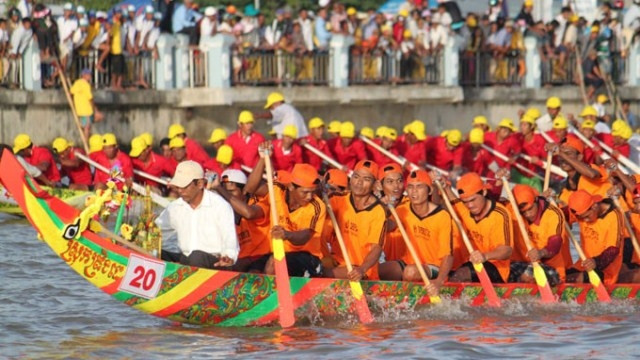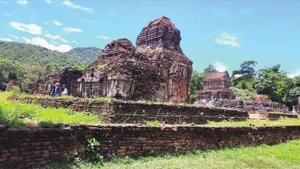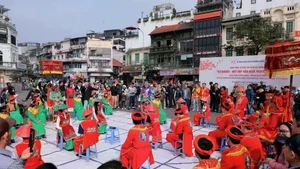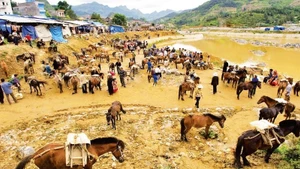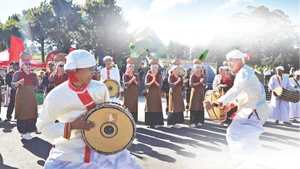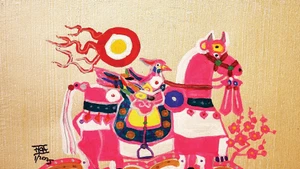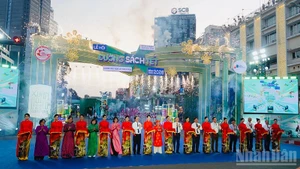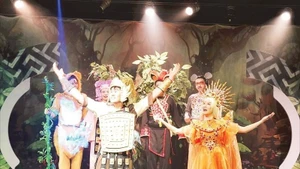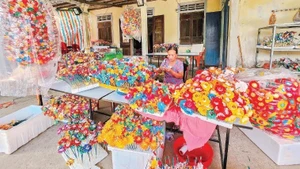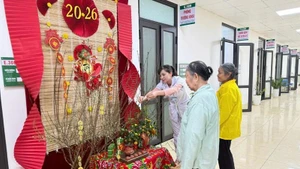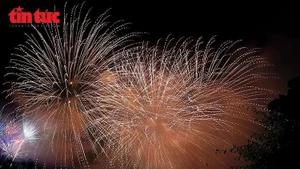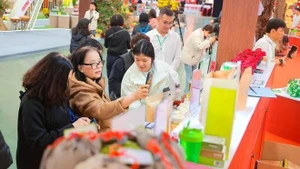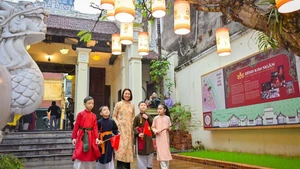A wide range of activities will be held as part of the festival, including a moon worshipping ritual, a competition to restore a Ca Hau boat and a street festival.
A highlight of the festival will be the “Ghe Ngo” (Khmer Boat) race, which has attracted 58 rowing teams from Soc Trang, Bac Lieu and Ca Mau provinces, stated Ly Binh Cang, head of Soc Trang province’s Committee for Ethnic Minority Affairs.
The Khmer people consider the “Ghe Ngo” race as both a game and a way to express their solidarity, as well as being a traditional ritual to see off the God of Water to the ocean following the growing season. It is a religious ritual of the Khmer people to commemorate the Snake God Nagar who once turned into a lump of wood to help Buddha cross a river.
Du Ke, a style of musical theatre created by the Khmer people in the early 1920s, will take stage during the festival, with the aim of preserving and developing the outstanding art of the Khmer group.
In addition, over 200 businesses will showcase their farm produce at 500 pavilions during the festival.
Vice Chairman of the provincial People’s Committee Ngo Hung said that the province has been carefully preparing for the festival.
With 855 one to three star hotel rooms, Soc Trang can serve up to 1,700 tourists during the festival. In addition, the province has 753 standard hotel rooms which can accommodate 1,500 people.
The Ok Om Bok festival is one of the three main festivals, along with Sene Dolta and Chol Chnam Thmay, which the Khmer people celebrate every year. The festival takes place annually, under the full moon in the 10th lunar month, when the season changes from the rainy season to the dry season, the growing season to the harvest season.
Khmer people believe that the moon is a God who controls the weather and crops throughout the year. The Ok Om Bok Festival of each village takes place in the gardens of local pagodas, while the whole province’s Ok Om Bok Festival is organised at Ba Om pond.
On the occasion, the Khmer people provide an offering of farm produce to thank the God’s blessing for favourable weather and their bountiful harvest.
